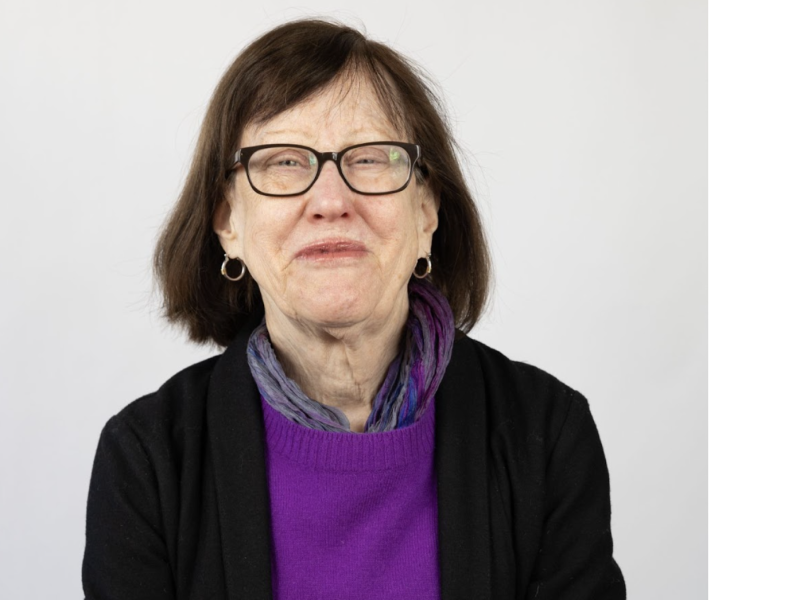colin powell school
Professor Sherrie Baver: Championing Environmental Democracy in Latin America and the Caribbean
Professor Sherrie Baver has dedicated her career to exploring the complex relationship between environmental justice and democracy in Latin America and the Caribbean. Her current research focuses on the implementation of “Environmental Democracy” in Mexico and Chile, with a passion fueled by years of fieldwork and a lifelong commitment to understanding the intersection of politics, culture, and the environment.
A Passion for Latin America and Political Science
Baver’s fascination with Latin America began in high school, thanks to her charismatic Chilean Spanish teacher, who introduced her to the region’s rich culture. Initially interested in literature, her path shifted dramatically in her freshman year at Barnard during the 1968 protests, a time marked by civil unrest and debates about war and justice. Immersed in the political discourse of the era, she found herself captivated by the complexities of political science—a passion that would lead to a PhD and a career dedicated to understanding political systems in Latin America.
From Puerto Rico to Environmental Justice in the Caribbean
Baver’s academic journey first led her to Puerto Rico, where she conducted her dissertation research on economic development. During her fieldwork, she discovered a more profound interest in environmental justice, especially in the context of the Caribbean’s unique vulnerabilities to climate change. Her research shifted toward understanding the environmental challenges facing Caribbean islands and Latin American countries, and this eventually led to her current work on “Environmental Democracy.”
“Environmental Democracy” emphasizes procedural rights, such as access to information, public participation, and justice in environmental matters. Professor Baver is currently examining the extent to which these rights are enforced in Mexico and Chile, especially following their ratification of the Escazú Convention, an agreement that safeguards environmental rights across Latin America.
A Teaching Career That Thrives at CCNY
For Professor Baver, joining CCNY was a natural fit. The college’s vibrant diversity aligns perfectly with her focus on comparative politics, as students from diverse backgrounds bring real-world insights into classroom discussions. As she notes, “In my classes, I provide the theory, but our students provide the data.”
Beyond teaching, Baver has served in numerous leadership roles at CCNY and The Graduate Center, where she has worked to make academic programs as accessible as possible. Her roles have included leading the Latin American & Latino Studies Program, chairing the Political Science Department, and directing the International Studies program, all with a focus on supporting students as they navigate their academic paths.
Looking Ahead: A New Book on Environmental Democracy
In the coming years, Professor Baver is focused on completing her manuscript on environmental democracy in Mexico and Chile. Her work will document how procedural rights under the Escazú Convention are being implemented and what challenges remain in realizing environmental justice. Baver’s research aims to provide a nuanced perspective on the effectiveness of environmental democracy in Latin America, contributing to a deeper understanding of how these procedural rights are put into practice.
The Colin Powell School’s Unique Impact
Having witnessed the evolution of CCNY and the Colin Powell School, Professor Baver celebrates the transformation in student support and academic opportunities. She sees the Powell School as a remarkable hub where students gain not only a top-tier social science education but also the resources to make a tangible impact in the world.
Professor Baver’s dedication to environmental democracy and her commitment to student success reflect the Colin Powell School’s mission to foster impactful careers and global awareness. Through her research and teaching, she continues to inspire future generations to pursue meaningful change in environmental justice and democracy.
